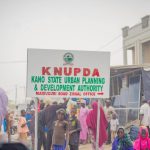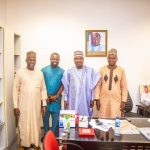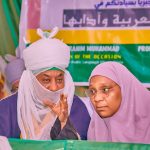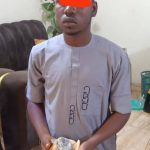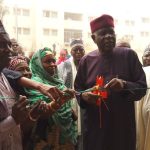A former President of the Nigeria Union of Journalists (NUJ), Malam Muhammad Garba, has urged the Kano State Government to adopt a more constructive approach in dealing with the media, warning that journalists must be allowed to operate without fear or intimidation.
Garba, a two-time Commissioner for Information and Internal Affairs in Kano, said Governor Abba Kabir Yusuf’s administration should take seriously the findings of the recent report by the Wole Soyinka Centre for Investigative Journalism (WSCIJ), which spotlighted growing threats to press freedom in the state.
In a statement on Sunday, the former NUJ president, who currently serves as Special Adviser to the Minister of Information, expressed concern over what he described as “a disturbing pattern of repression, intimidation, and harassment of journalists in Kano.”
He said, “A government confident enough to engage the press constructively demonstrates both strength and accountability. Freedom of the press is measured not by plaques or ceremonies, but by the ability of journalists to report without fear of reprisal.”
Garba lamented that the state has, in recent months, drawn criticism from both local and international media rights organizations for its alleged clampdown on journalists. He noted that true democracy thrives only when the media operates freely and without interference from state institutions.
“The media is not an enemy of government; it is a partner in nation-building. Respecting press freedom is not only a constitutional obligation but a mark of mature and responsive leadership,” he added.
He accused the Kano government of sending mixed signals — claiming to uphold free speech while allegedly deploying state machinery to stifle dissent and control media narratives.
According to him, incidents such as the police probe of Daily Nigerian publisher, Jaafar Jaafar, following reports on alleged corruption involving a top government official, and the arrest of Ibrahim Ishaq Dan’uwa Rano of Dan’uwa Rano TV, point to a growing intolerance for scrutiny.
Garba also cited the detention of Kano Times reporters Buhari Rano and Ismail Auwal, the arrest of Abdulaziz Aliyu of Waraka Online TV, and the August 2024 machete attack on a Channels Television crew during a protest in Kano as worrying examples of media hostility in the state.
He condemned the state’s recent restrictions on live political programmes and warnings to journalists against asking what officials termed “provocative questions,” describing the measures as censorship that undermines democratic governance.
Garba, who is also a steering committee member of the International Forum on Ethical Journalism, called on Governor Yusuf to “reverse this disturbing trend and embrace a media-friendly approach that guarantees journalists’ safety, strengthens public trust, and enhances government credibility.”

